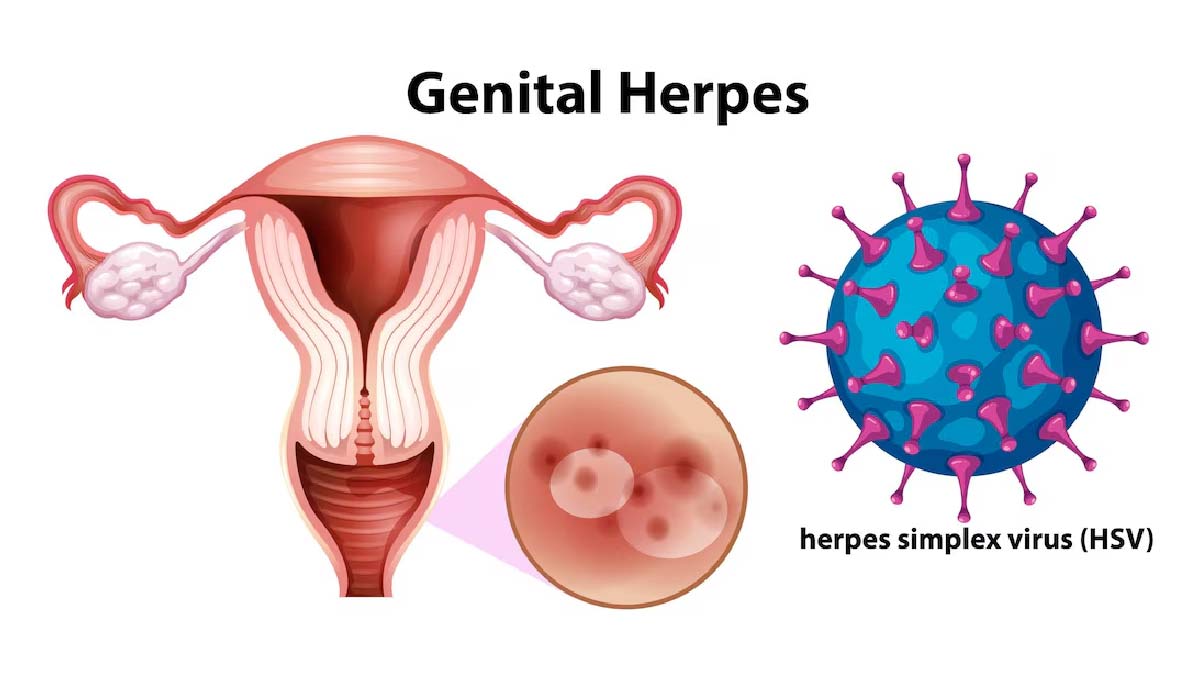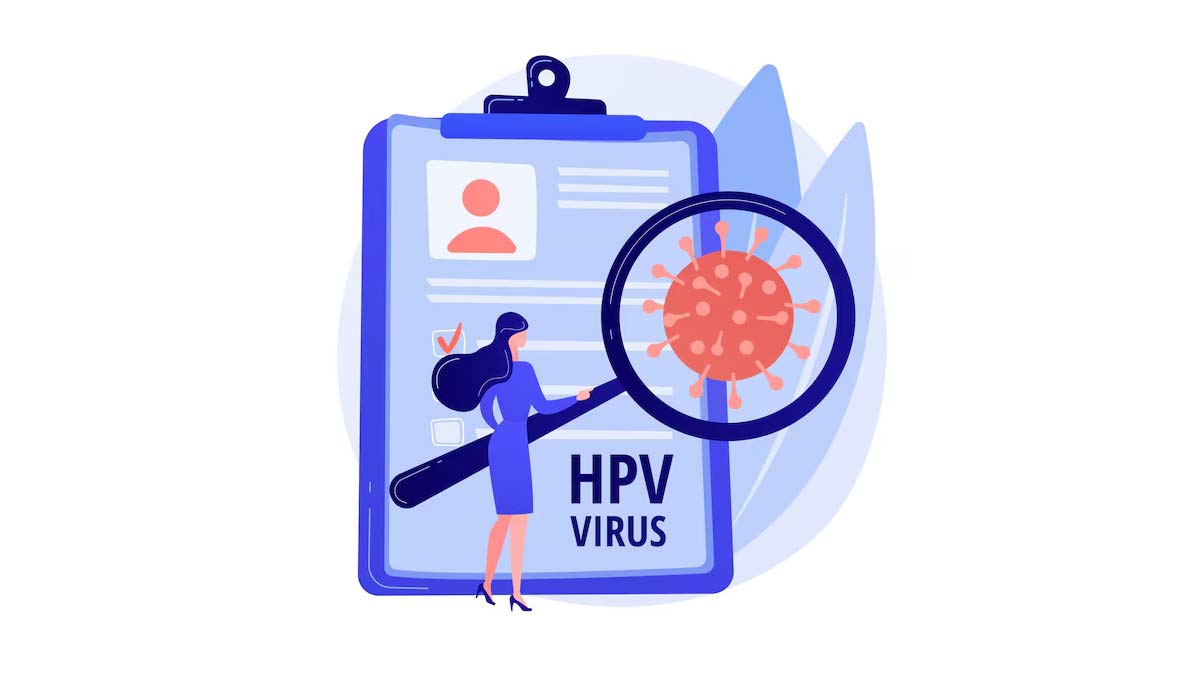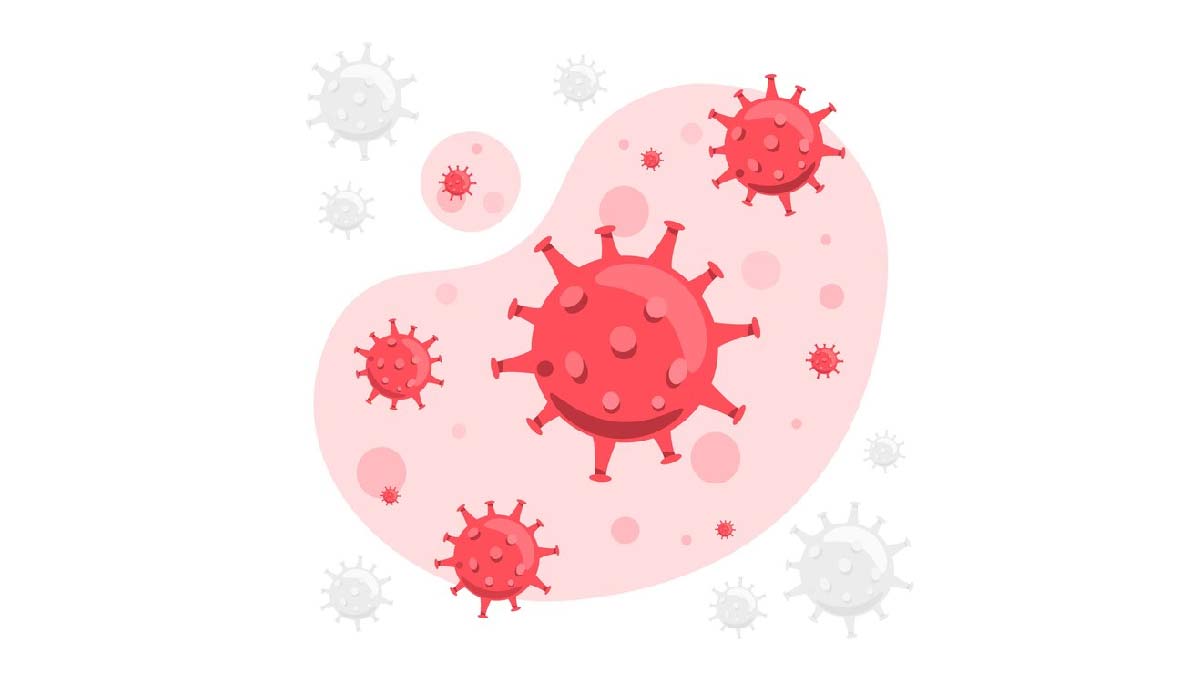
Sexually Transmitted Infections (STI) are usually transmitted through sexual activity such as oral, vaginal or anal sex. But did you know STIs can also be passed without engaging in any sexual activity? Sounds unheard of, right?
Table of Content:-
As per World Health Organisation, each year there are an estimated 374 million new sexually transmitted infections with 1 of 4 curable STIs: chlamydia, gonorrhoea, syphilis and trichomoniasis.
To know how STIs are transmitted with indulging into sexual activity, OnlyMyHealth interacted with Dr Apurva Gupta, Consultant, Obstetrics and Gynaecology at Daffodils by Artemis.
Dr Gupta said, “Not many people know that these infections can be transmitted without engaging in sexual activity as well. The chances of this happening is less but it's possible. STIs can spread through various means, like skin-to-skin contact, sharing contaminated objects, and mother-to-child transmission.”

STIs And How Are They Transmitted
Here are examples of some STIs and how they can be spread:
1. Herpes Simplex Virus (HSV)
HSV is usually transmitted through activities such as kissing, touching, or oral sex. Dr Gupta said, “HSV can be transmitted through skin-to-skin contact with an infected person, even when there are no visible sores or symptoms present.” It can also be passed from a mother to her newborn child at the time of childbirth which can lead to neonatal herpes.
2. Human Papillomavirus (HPV)

Calling Human Papillomavirus one of the most common STIs, Dr Gupta said, “It can be transmitted through skin-to-skin contact including genital-to-genital contact, oral sex, and even hand-to-genital contact.” HPV can cause genital warts and is also linked with various cancers, including cervical, anal, and throat cancers. Furthermore, HPV can be transmitted from a mother to her newborn during childbirth, however, this is rare.
Also read: Can You Still Get An HPV Vaccine If You're Sexually Active?
3. Molluscum Contagiosum
It is a viral skin infection that can be spread through direct skin-to-skin contact with an infected person. According to Dr Gupta, it can also be transmitted through contact with contaminated objects or surfaces, like towels, clothing, or shared sports equipment. Molluscum contagiosum manifests itself in the form of small, raised bumps on the skin, which may contain the virus and be contagious.
4. Scabies
Caused by the Sarcoptes scabiei mite, scabies is a parasitic skin infestation. Dr Gupta explained, “This can be spread through prolonged skin-to-skin contact with an infected person, like during close physical contact or sexual activity. However, scabies can also be transmitted through non-sexual means, like sharing clothing, bedding, or towels with an infected individual.”

5. Trichomoniasis
It is a common STI which is caused by the parasite called Trichomonas vaginalis. It is usually transmitted via sexual contact, like vaginal, anal, and oral sex. However, Dr Gupta shed light on non-sexual ways of it spreading. She said, “Trichomoniasis can also be spread through sharing contaminated objects like sex toys or by coming into contact with contaminated surfaces.” Trichomoniasis can cause symptoms like vaginal discharge, genital itching, and discomfort during urination.
Also read: Healthy Practices To Curb The Spread Of STIs
Although the above examples denote how STIs can be transmitted by engaging in any sexual activity, it is essential to understand that sexual contact is the primary mode of transmission for most of the sexually transmitted infections. However, it is crucial to understand other ways of its transmission to follow preventative measures.
Conclusion
Concluding, Dr Gupta said, “Prevention strategies for STIs include practising safe sex, using barrier methods like condoms correctly and consistently, limiting the number of sexual partners, and getting vaccinated against STIs such as HPV.” Furthermore, she added, “Maintaining hygiene, avoiding sharing personal items like towels or razors, and seeking prompt treatment for STIs can help reduce the risk of transmission.”
Also watch this video
How we keep this article up to date:
We work with experts and keep a close eye on the latest in health and wellness. Whenever there is a new research or helpful information, we update our articles with accurate and useful advice.
Current Version